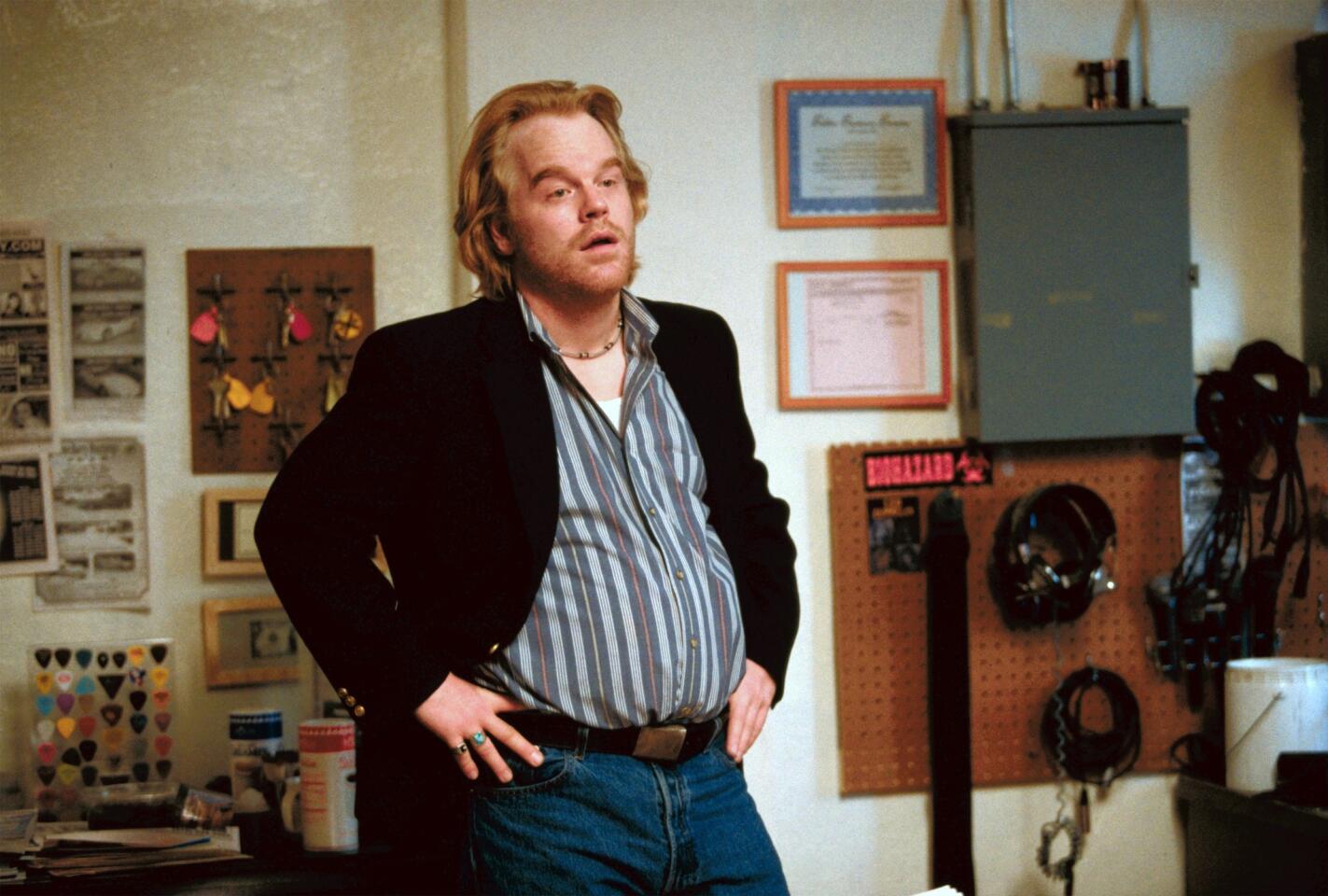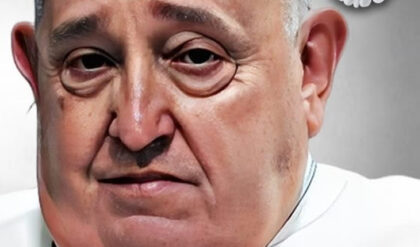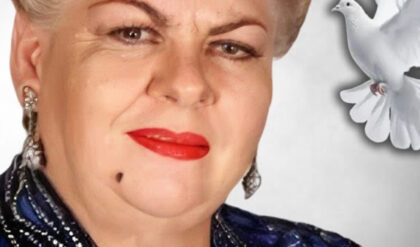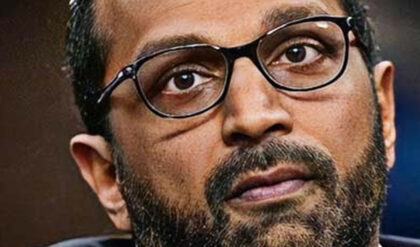Philip Seymour Hoffman, widely regarded as one of the finest actors of his generation, captivated audiences with his talent, depth, and dedication to his craft. Yet behind his accolades and public persona was a deeply personal battle with addiction that ultimately claimed his life. In a heartfelt interview, Mimi O’Donnell, his partner of 14 years, shared their love story, the struggles they faced, and the lessons she learned from their time together.
A Humble Genius
Philip Seymour Hoffman was known for his extraordinary ability to transform into his characters, earning accolades including an Academy Award for Capote and nominations for several other films. Despite his fame, Hoffman remained grounded, riding his bike through town, frequenting local coffee shops to read scripts, and cherishing time with his three children.
“He was incredibly kind, sensitive, and down to earth,” Mimi recalled. Yet, his humility was accompanied by a relentless drive for perfection. Hoffman would sometimes criticize his own performances harshly, once even expressing a desire to abandon acting and teach English in France. His friend Ethan Hawke described him as someone who “went to war for his art.”
Despite his remarkable career, Hoffman valued privacy above all else. He avoided discussing his personal life publicly, shielding his family from the spotlight and keeping his struggles largely out of view.
Love and Partnership
Hoffman met Mimi O’Donnell in 1999 during an interview for a costume designer role. From the start, there was undeniable chemistry. While both were in relationships at the time, their professional collaboration grew into a deep connection. After several years, they found themselves single and began dating, quickly realizing their bond was too strong to ignore.
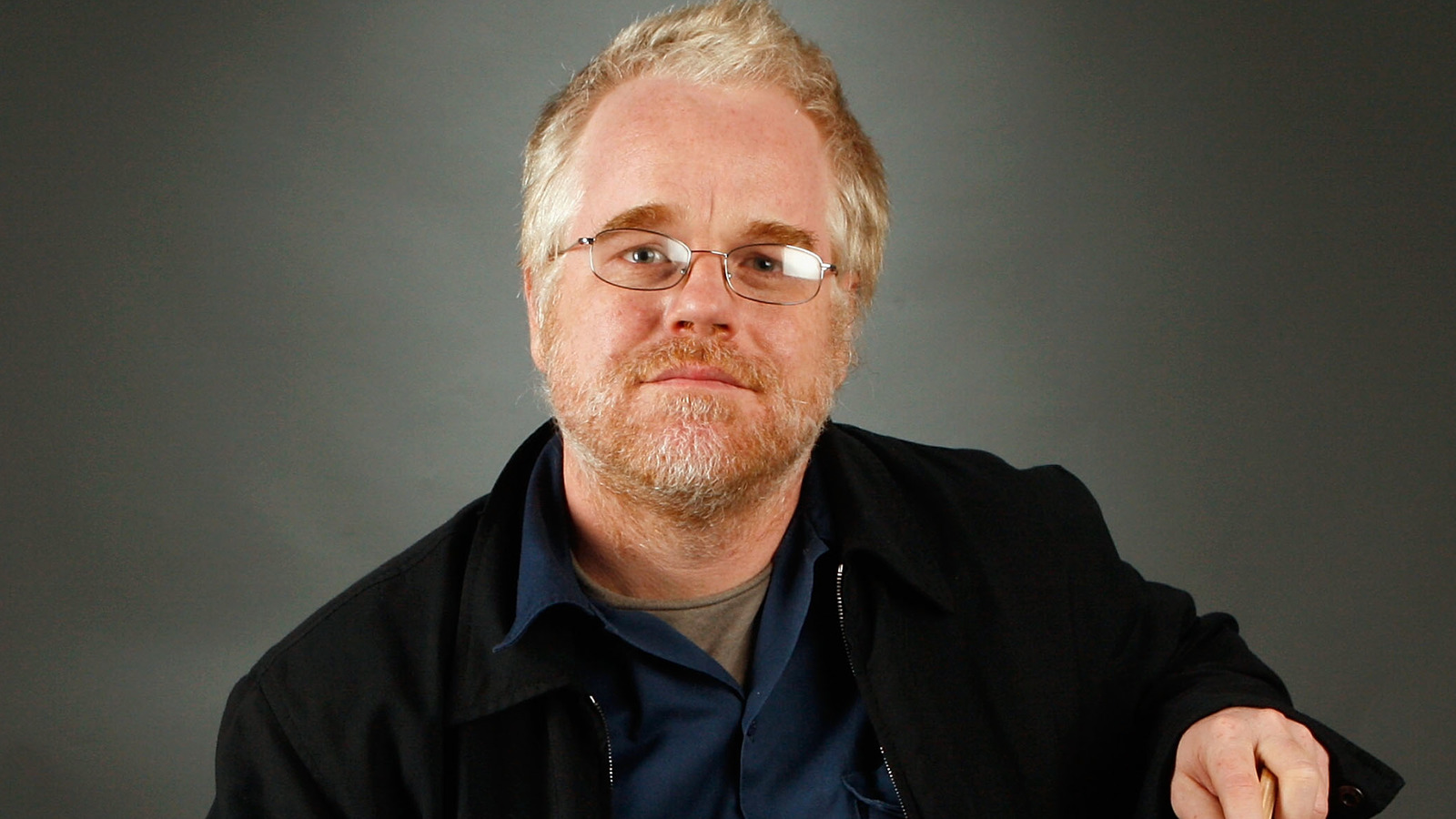
Mimi described Hoffman as deeply committed, both to their relationship and their family. They had three children together, and Hoffman insisted they never spend more than two weeks apart. “He lived as if time was precious,” Mimi reflected, hinting at an almost prophetic sense of urgency in how he cherished those closest to him.
A History of Addiction
Hoffman was open with Mimi from the beginning about his past struggles with addiction. He entered rehab at 22 after experimenting with alcohol and drugs in his youth. For over two decades, he remained sober, crediting therapy and Alcoholics Anonymous (AA) with helping him maintain his recovery.
Mimi recalled how committed Hoffman was to sobriety. His life revolved around acting, directing, and staying clean. He surrounded himself with friends from AA and warned Mimi that their relationship would only work if she, too, stayed away from drugs.
For years, Hoffman’s commitment to sobriety and his family seemed unshakable. But addiction, as Mimi learned, is a battle that never truly ends—it waits quietly for moments of vulnerability.
The Downward Spiral
Despite his outward stability, cracks began to appear in Hoffman’s life. The loss of his long-time therapist to cancer was a devastating blow. Around the same time, he experienced a falling out with close friends in AA and struggled to attend meetings due to his increasingly hectic schedule.
The warning signs became undeniable when Hoffman asked Mimi if he could start drinking again. She discouraged him, but he began consuming alcohol casually. It wasn’t long before alcohol led to the use of prescription drugs and eventually a return to heroin.
“As soon as Phil started using heroin again, I sensed it,” Mimi said. “I told him, ‘You’re going to die. That’s what happens with heroin.’”
Despite two trips to rehab and his family’s desperate attempts to support him, Hoffman’s addiction tightened its grip. His relapse was a heartbreaking reminder of the insidious nature of addiction, which can resurface even after years of sobriety.
A Love Lost Too Soon
On February 2, 2014, Hoffman was found dead in his Manhattan apartment from a heroin overdose. He was 46 years old. The news devastated his family, friends, and fans worldwide.
Reflecting on his life and their relationship, Mimi described the moment she realized she couldn’t save him. “For the first time, I realized that his addiction was bigger than either of us,” she said. “I bowed my head and thought, ‘I can’t fix this.’”
Hoffman’s death underscored the reality that addiction doesn’t discriminate, even among the most talented and admired individuals. It’s a disease that requires constant vigilance and support.
Legacy and Lessons
Seven years after his passing, Hoffman’s legacy lives on, not just through his unforgettable performances but also through the impact of his personal struggles. His story serves as a poignant reminder of the complexity of addiction and the importance of compassion for those battling it.
Mimi’s candid reflections highlight the resilience required to love someone in the throes of addiction and the strength it takes to let go when that love isn’t enough. For her, Hoffman was more than a brilliant actor—he was a devoted partner, a loving father, and a deeply flawed yet remarkable human being.
In the end, Hoffman’s life and death offer a powerful lesson: the importance of seeking help, fostering understanding, and appreciating the fleeting moments of joy amid life’s struggles. His artistry and humanity remain a testament to the enduring impact of a life lived with passion and vulnerability.
